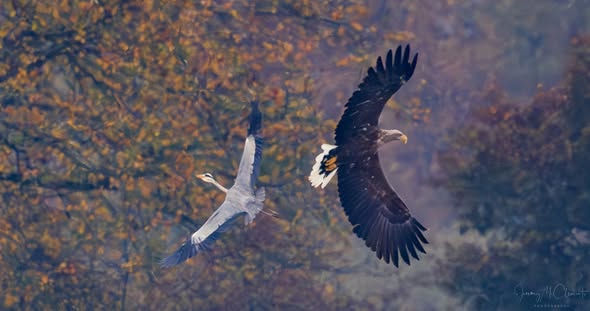White Tailed Eagle sighting - getting nearer to Stratford...
- RW
- Nov 19, 2025
- 2 min read
Updated: Nov 20, 2025

Langford Lakes, managed by Wiltshire Wildlife Trust, is only 9 miles away from Stratford sub Castle.
The website is still hoping for evidence of a sighting of a WTE in Stratford sub Castle!
Earlier Newspost 9 November

Blashford Lakes Nature Reserve where this image was taken on 8 November, is 17 miles south of Salisbury. See ** below in respect of the reference to the lesser black backed gull.

There have been several WTE sightings at Blashford Lakes and at Ibsley over the past few days. Images have been shared on the Blashford Lakes Nature Reserve and Education Centre Facebook pages.

Original Newspost 31 October
In their November Members’ Newsletter, the Salisbury and District Natural History Society report October sightings of White Tailed Eagles (“sea eagles”) over Great Wishford and Lower Woodford. These are Britain’s largest bird of prey and the fourth largest eagle in the world.
Thirty-seven were released on the Isle of Wight in 2019, and in 2023 the first chicks hatched in England in nearly 250 years.
They can fly 100 miles a day. They are big (“the flying barn door”, wing span 2- 2.5 metres) with a yellow bill and yes, have white tails.
Eyes peeled and please send us your photos if you're lucky enough to achieve a genuine sighting....

WTE Image - Royalty free Public Domain
** Reference to the Lesser black backed gull in the image
This may refer to fears of Avian Flu spreading, following a report of Avian Flu at Winterbourne Stoke, Wiltshire on 6 November.
Wiltshire Wildlife Trust has published these guidelines about Avian Flu:
"Since there is still a high risk of avian flu in Wiltshire and Swindon, please follow the guidance below to help us keep our wildlife safe whilst enjoying our much loved nature reserves:
Report dead birds on Wiltshire Wildlife Trust sites to us (refer to ‘You Can Help’ section above). Do not touch them.
Keep to the footpaths
Stay out of lakes, ponds and rivers
Keep dogs on leads and out of the water
Do not pick up feathers or touch/walk on bird droppings
Do not feed or handle wild birds
Follow good hygiene similar to Covid precautions, i.e. use hand sanitizer regularly and wash hands before/after your visit
Disinfect your clothing and footwear if you keep poultry or other birds at home
In rare cases, avian flu can infect humans and result in serious illness. By taking all necessary precautions, we can also help to reduce the risk to people."